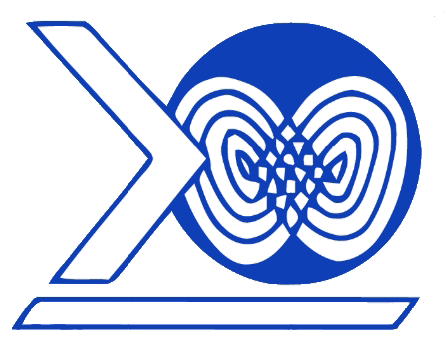What to Expect At Your Appointment
PENTA is a tertiary care facility with a multi-disciplinary approach to patient care. We see complex patients and give each one the time they deserve to be seen. That being said, the wait time may be a few hours and we highly encourage our patients to bring work or reading material to their appointments. Initial comprehensive voice visits typically take five hours, detailed below.
Diagnosis and management of voice disorders is accomplished best by the collective efforts of a multidisciplinary team. After a complete medical history and examination are completed by the otolaryngologist, the speech-language pathologist and singing voice specialist each contributes his/her special expertise in management and treatment for patients with voice disorders.
The voice team integrates subjective and objective measures in order to determine a treatment plan or to evaluate its effectiveness. During the first phase of the voice evaluation, objective measures are taken. These acoustic and physiologic measures are elicited through simple speaking tasks and analyzed using computer software. Acoustic measures include tracking vocal fundamental frequency and its variability, investigating the functional limits of the voice relative to frequency and intensity (pitch and loudness), analyzing vocal stability using perturbation values, and visually documenting the acoustic components of the voice utilizing spectrography. Physiologic measures include aerodynamic tests such as mean air flow and respiratory function. These measurements are extremely valuable in establishing baseline measures of vocal function for voice therapy and in charting progress or assessing the results of treatment.
The second phase of the voice evaluation includes non instrumental measures or subjective assessment of the voice carried out by a speech-language pathologist. This entails critical listening, observation and description of the voice-disordered patient. A diagnostic therapy approach is taken, using different therapy "probes" to determine the best mode of therapy.
During the final phase of the voice evaluation, the patient is evaluated by the singing voice specialist. A singing voice specialist is an expert in voice training for singers with additional orientation to clinical procedures, vocal rehabilitation and evaluating vocal technique. This is not only of great help to singers, but also speakers. Many basic singing skills are extremely useful to those trying to improve the speaking voice.
Acting voice specialists are voice coaches who have special training for working in a medical environment. They bring to patients the skills that allow actors to yell on stage during 8 shows per week for years, without damaging their voices. Working in collaboration with the speech pathologist and singing voice specialist, the acting voice specialists adds skills that are invaluable for teachers, salespersons, lecturers, clergy, politicians and other professional speakers.
Healthy voice production, whether speaking or singing, is based on efficient, athletic coordination of respiratory, phonatory, resonance, and articulation subsystems. The speech-language pathologist, singing voice specialist and acting voice specialist, in partnership with the otolaryngologist, can be instrumental in the success of professional voice care.
